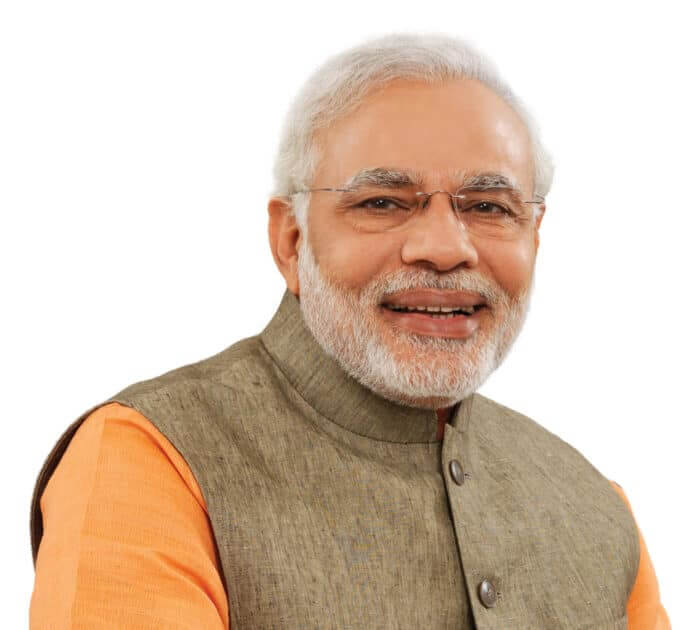GURMUKH SINGH reports from Ottawa

India this week clinched a multi-million-dollar deal with Canada for uranium to power its civilian nuclear programme for five years.
A $350-million uranium deal was signed in Ottawa by Cameco and the Atomic Energy Commission of India in the presence of visiting Indian Prime Minister Narendra Modi and Prime Minister Stephen Harper of Canada.
Under the deal which runs through 2020, Cameco will supply 7.1 million pounds of uranium concentrate to India.
The development marks a new chapter in India’s ties with Canada, which had imposed sanctions on India after its nuclear tests.
Welcoming the deal which has been reached after protracted talks, Modi said at a joint press conference with Harper: “The agreement on procurement of uranium from Canada for our civilian nuclear power plants launches a new era of bilateral nuclear cooperation. It also reflects a new level of mutual trust and confidence.”
In his remarks, Harper said: “Your visit indicates the strong friendship between Canada and India. This is a growing relationship. Trade potential between our countries is enormous.”
Apart from this, a number of agreements were signed following talks between the two leaders. These are in the areas of civil aviation and space, skill development and higher education.
Prime Minister Narendra Modi sought Canada’s “cooperation and investment in every area of India’s national development priority”.
Turning a new chapter in India’s relationship with Canada, Modi is the first Indian prime minister to visit Canada in 42 years. He said Canada has the potential to be a partner in India’s economic transformation and assured a “new environment in India, which is open, predictable, stable and easy to do business in”.
Announcing visa on arrival for Canadians, Modi said his government wants to promote people-to-people contacts between the two countries. Canadians can apply online and will be eligible for visas for 10 years.
Lauding Modi for undertaking economic reforms and his “minimum government, maximum governance” mantra, Harper said: “The historic visit by Prime Minister Modi to Canada combined with the number and scope of agreements signed between our governments clearly demonstrate the commitment of both countries to taking bilateral relations to new heights.”
Modi said both leaders were “absolutely committed to establish a new framework for economic partnership” and that both have “made rapid progress on long pending agreements”.
Both sides have agreed to deepen cooperation to combat terrorism and extremism. “We will also promote a comprehensive global strategy, and consistent policy and action against all sources of terrorism and its support.”
We have also agreed “on the need to enhance our defence and security cooperation”, said Modi.
“I believe that Canada is a major Asia Pacific power and should play a more active role, including in regional institutions, in promoting a stable and prosperous future for the region,” he said.
Earlier, Modi in an oped in The Globe and Mail said he hoped to make the visit “a springboard” to take the bilateral partnership in trade, investment and innovation to a new level and also that both sides would resume commercial cooperation in civil nuclear energy.
Modi arrived in the Canadian capital on Tuesday 14 April evening on the final leg of his three-nation tour from Germany and earlier France.
To conclude his visit, Modi travelled to Toronto, Canada’s most populous city, with his Canadian counterpart Stephen Harper, along with the latter’s wife Laureen on the same aircraft.
The three then attended a diaspora event at Ricoh Coliseum, where Mrs Harper appeared in a navy blue sari. The city’s Indian community came out to greet him in large numbers.
PM Modi clinches uranium deal with Canada

Reading Time: 3 minutes



